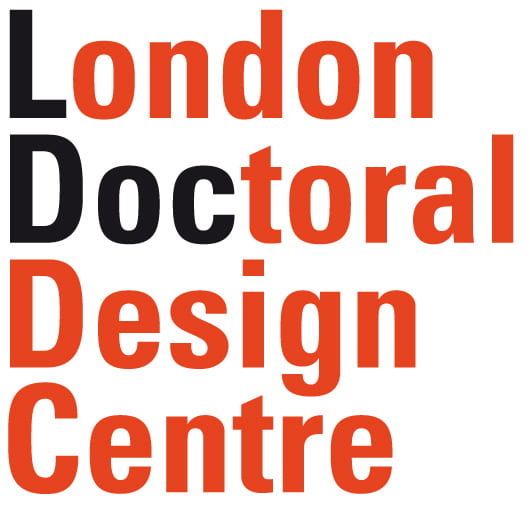
Born out of an ideal that good healthcare should be available to all regardless of wealth, the UK National Health Service was created in 1948 focusing on curable diseases and patients’ pressing concerns for diagnosis, prescribed treatment and symptoms relief. The model of care was episodic, involving the patient informing clinicians of their symptoms and moving between different healthcare facilities over time. Today, more than 60 years later and despite tremendous medical and technological advances, the delivery of healthcare has changed very little. Our current system – still organised around treating acute illnesses – fails to fulfil our growing needs for comprehensive healthcare, disease management and prevention. The focus on intermittent care where chronic conditions are treated as a series of disconnected acute healthcare complaints is no longer sufficient as people need ongoing support to live well. Our present economic context poses additional challenges to meeting our population’s healthcare needs, as we ought to reduce overall expenditures and increase internal efficiencies while delivering higher quality care for an increasing number of people. This doctoral thesis empirically explores the contribution of contemporary design practice to the context of healthcare innovation and addressing some of the prevailing 21st century healthcare challenges. As organisations seek new ways of engaging and understanding patients to improve our healthcare system, service design emerged as a creative and participatory discipline to develop new solutions that improve quality of care while being cost-effective, productive and patient-centric. The study’s central research question is located at the intersection of praxis-based and academic debates of design and healthcare, with the aim to investigate how service design approaches can facilitate the transformation process in health – moving from treatment-based models of care to health and well-being centred, co-created models of care. The thesis strives to advance understanding of how design can accelerate the development of innovative healthcare solutions that improve patient experience, reduce medical error, decrease overall healthcare spending and address the management of long-term conditions. Key objectives in doing so are twofold: first, to scrutinize existing approaches to ‘Healthcare Design’ by examining current practices and theories of design methodologies used in health and creating a typology of case studies to form a strengthened evidence base. Second, to develop an evaluation framework for how the contribution of design practice in healthcare could be measured more systematically and applied not only in the context of incremental improvement but to achieve more fundamental system change to help healthcare organisations navigate the transition from a reactive model of care to disease management and prevention.

